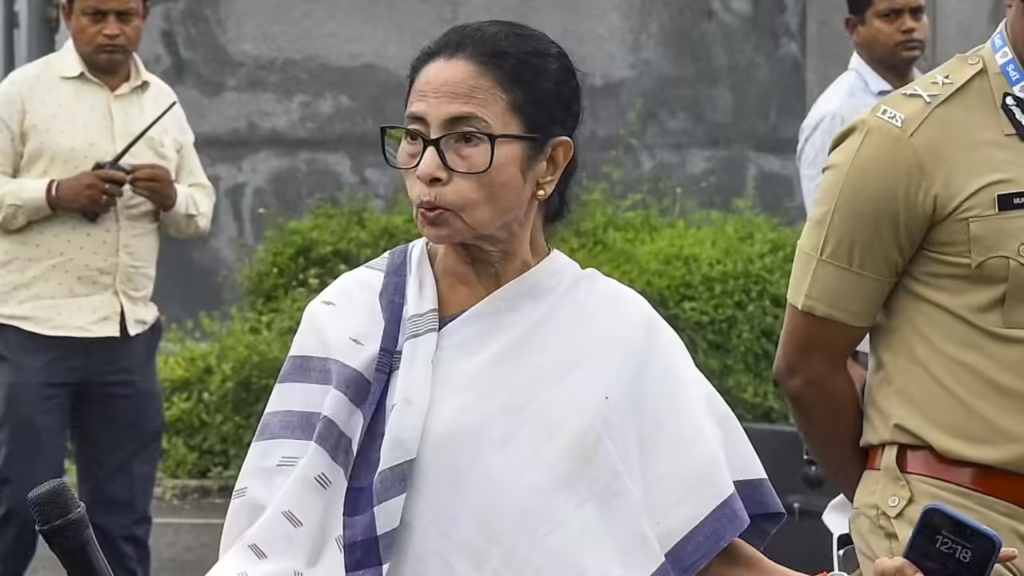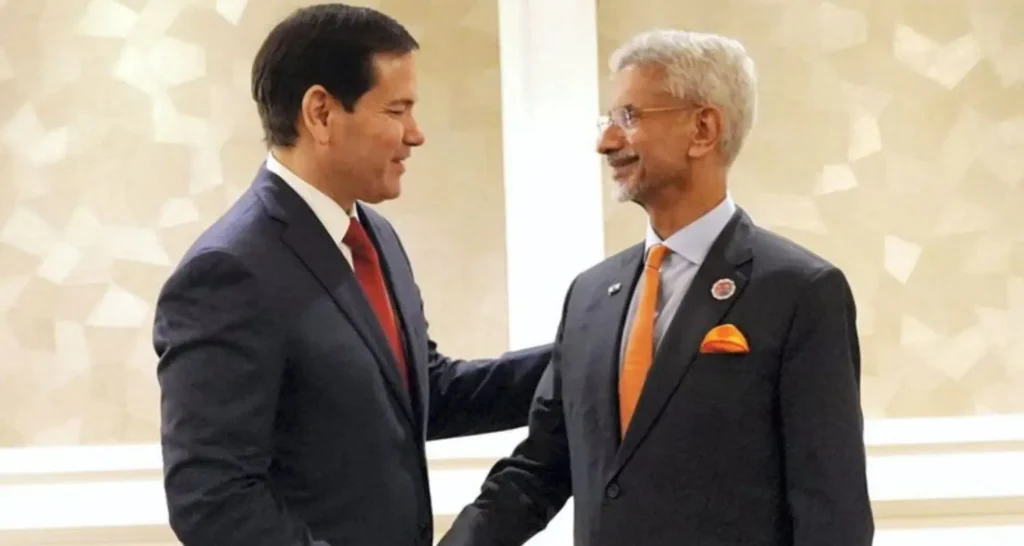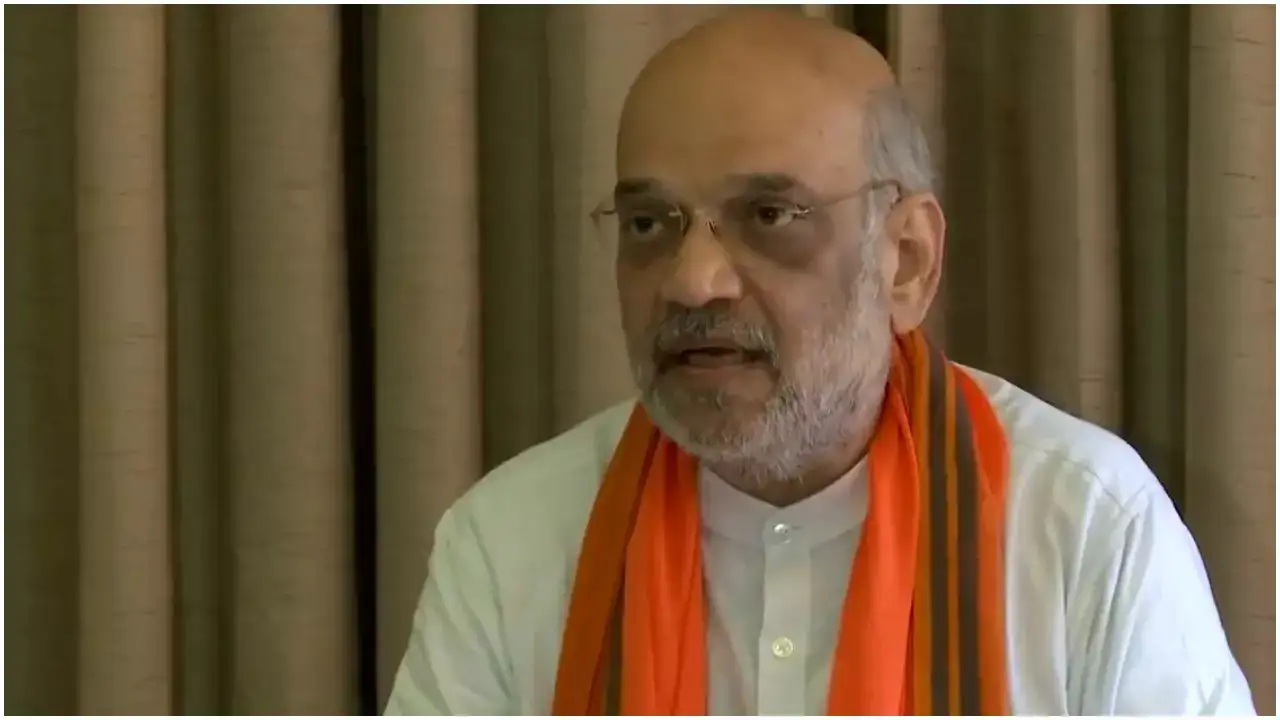Now Reading: India Rejects Third-Party Mediation: Pakistan Confirms New York Talks Were Turned Down
-
01
India Rejects Third-Party Mediation: Pakistan Confirms New York Talks Were Turned Down
India Rejects Third-Party Mediation: Pakistan Confirms New York Talks Were Turned Down

In a recent twist in Indo-Pak diplomacy, Pakistan’s Foreign Minister Ishaq Dar admitted that India firmly refused any third-party mediation—even involving the United States—after escalating tensions during Operation Sindoor. India insists disputes with Pakistan must be resolved directly, without mediators. This stance shapes not just high-level diplomacy, but also impacts people in border towns and smaller cities where tensions often have real, local effects.
What Pakistan Says Happened
Pakistan claims a ceasefire proposal came via U.S. officials in May, with suggestions that talks might occur at a neutral venue. In a follow-up meeting in Washington in July, Pakistani Foreign Minister Dar says he was told India would not accept outside involvement, stating the matter as strictly bilateral. The insistence was that any dialogue must include trade, terrorism, Kashmir, and the economy.
India’s Consistent Position
India has long held that its issues with Pakistan are bilateral. The official line is that involving third-party actors undermines sovereignty and complicates negotiations. Indian leaders, including the Prime Minister, have maintained this view, rejecting claims that external mediation was used in any stages of recent dialogues or ceasefire arrangements. Direct military-to-military channels are said to have handled most of the recent conflict resolution.
Why This Matters for Diplomacy and Trust
Such clarity—or rigidity, depending on perspective—is more than semantics. When one country claims mediation and another denies it, it can erode trust and lead to conflicting narratives in international forums. Global players who may wish to act as brokers or facilitators find it harder to do so if one side refuses their involvement outright.
Impact on Local Perceptions, Especially in Smaller Cities
In Tier-2 and Tier-3 cities near border areas, people often view such news through the lens of safety, trade access, and daily disruptions. For them, whether mediation happens or not can affect how secure they feel, whether trade routes stay open, and whether cross-border tensions flare up. Uncertainty in foreign policy often translates into uncertainty in local life.
Challenges Ahead in Conflict Resolution
A bilateral only approach demands high levels of trust, transparency, and action on both sides. It risks stalling unless both parties agree on the terms and framework of dialogue. Also, keeping wider communities informed and ensuring accountability become harder when negotiations happen behind closed doors.
Conclusion
India’s rejection of third-party mediation affirmed by Pakistan adds another chapter in a long history of bilateral negotiations. Though strong in principle, this stance carries heavy burden: disputes need clear channels, genuine willingness to engage, and honesty about expectations. For citizens in towns across India, especially near the border, the hope remains that diplomatic clarity translates into stability and peace on the ground.

























